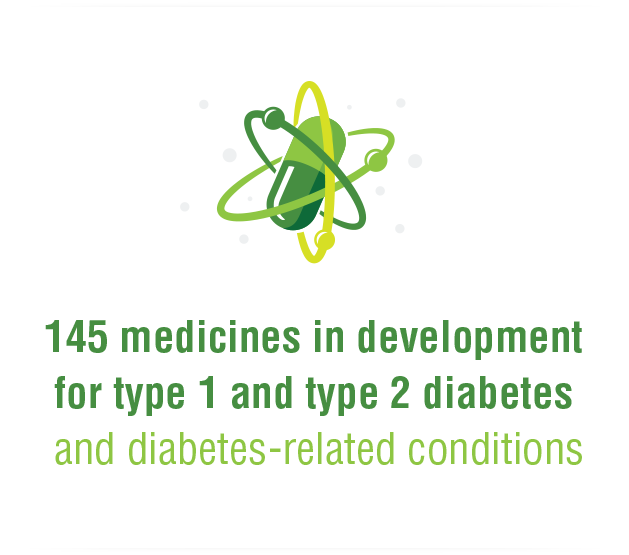On World Diabetes Day, it is important to remember that while significant progress has been made in treatment, diabetes remains the seventh leading cause of death in the United States. Currently, 30 million Americans have diabetes and 1.4 million new cases are diagnosed each year. Patients with diabetes often face a number of serious complications—including a two times greater risk of having a heart attack or stroke. Unfortunately, just half of treated patients have the disease under control.
Today’s biopharmaceutical researchers are working to find new lifesaving and life-changing treatments and cures to address this complex disease. But there is hope in the research that is happening currently.


